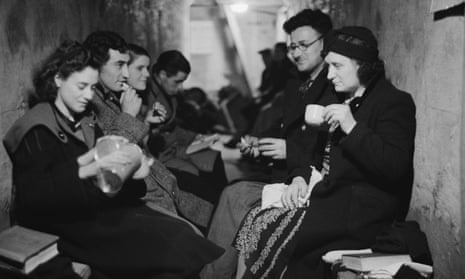Much has been made of the resemblance between wartime Britain and the current pandemic. Having experienced both, I find the contrast in social reactions to the two situations very striking and puzzling. During the war, nobody denied its existence, nor disputed whether it represented an existential threat; no one refused to enter air raid shelters, nor declined to don a government supplied gas mask. We trusted every restriction, including severe rationing, as having been imposed for our ultimate benefit. What has happened to cause so many to refuse life-saving procedures and flout sensible precautions during this current emergency when the threat has been, and continues to be, equally obvious?
Bob Caldwell
Badby, Northamptonshire
Running with Mark Walford’s theme (Letters, 9 November), it is striking how frequently people who are unhappy with the state of the nation say something to the effect of “our parents fought so we [their offspring] could be free and we should honour their sacrifice”. Yet we collectively do not seem prepared to follow that lead and make sacrifices for our offspring so that they can lead lives free from the worst consequences of global heating – which would be a way to honour that earlier sacrifice.
Instead, we had the benefit of the actions of our forebears and disregard the impacts of our own acts on our descendants. I wonder for how much longer we shall be able to look them in the eye.
Dave Hunter
Bristol
